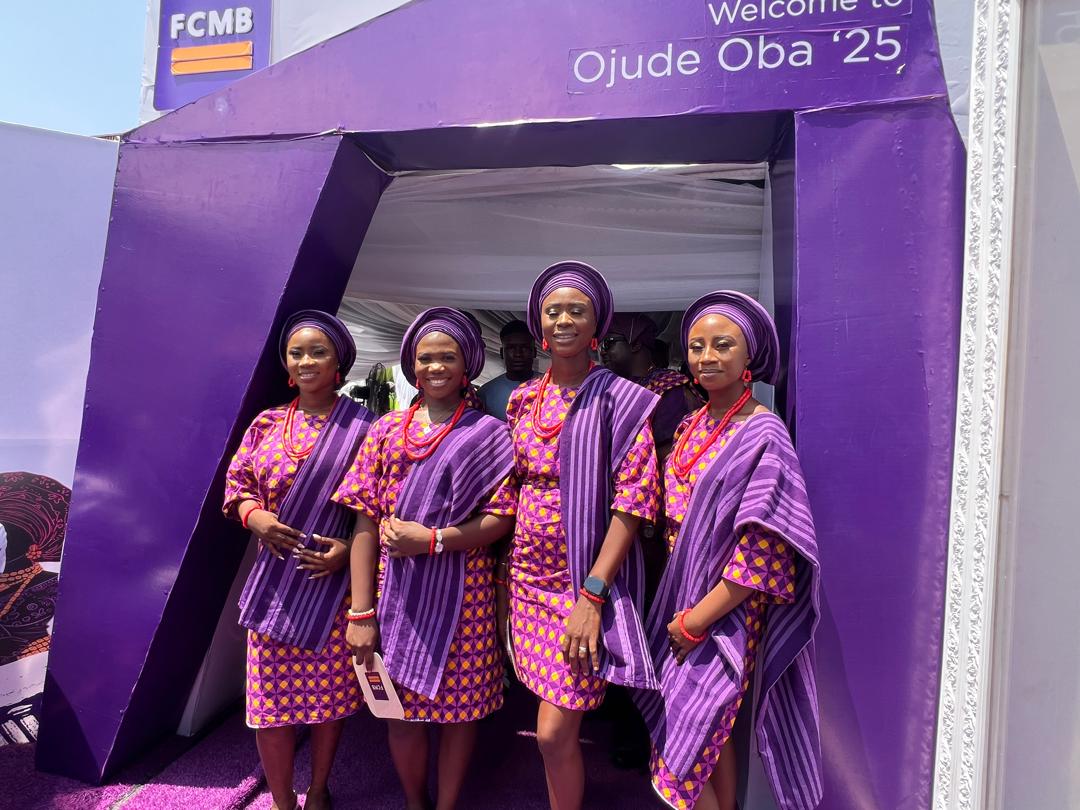
It is some ten years since I last wrote a dedicated column on the arts. My previous one, for The Guardian on Sunday, ended in 2006, after a three-year run. Allow me to reminisce, since writing about the arts requires a sensitivity to history, traditions and to placing things on record – to demonstrate, with any luck, that those who draw, paint, perform, write or critique, are not just haphazard lay-abouts taking pot shots in the dark.
Sometime in 2003, I came to the attention of the Managing Director of The Guardian, Eluem Emeka Izeze, through a Canada-based professor that liked my writings and felt they would have an appropriate platform at ‘the flagship’ of Nigerian newspaper publishing. I was then based in London, and had a mind to write a weekly column. But in discussions with Mr. Izeze, it was decided I would write “reportorials” to begin with, to prove my mettle first, perhaps, before further commitment by the paper.
His decision to hand me over to Jahman Anikulapo, then editor of The Guardian on Sunday, was inspired. My first piece for The Guardian, if I remember correctly, was about the Malian singer-songwriter, Rokia Traore, who had a new album out and was playing some gigs in London at the time. That was my first ‘reportorial’, essentially a piece about a musician. I don’t suppose it was a regular occurrence for the editor to get a ‘foreign correspondent’ submitting a first ever piece, and it would be decidedly about the arts.
Anikulapo was already part of the artistic life-blood of Lagos, as one of the main drivers of the Committee for Relevant Art (CORA), organisers of the Lagos Book and Art Festival (LABAF) and Art Stampedes held at the National Theatre. After he published the Rokia Traore piece, we got talking – and immediately recognised ourselves as kindred spirits in the arts. So it was that my weekly art column was born; and it was on the pages of The Guardian on Sunday that potentially thousands of new readers first came across my byline.
The Nigerian art scene has gone in leaps and bounds in the 13 years since I started that column. In 2003, there were many art galleries, but nowhere near the number and variety that make for the burgeoning visual art scene we have today, with the rise of super-galleries like the Nike Gallery in Lekki, Lagos, or the Thought Pyramid in Wuse II, Abuja. The art scene in Abuja was virtually non-existent 13 years ago; and we had not seen the advent of art auctions by the likes of Arthouse Contemporary and Terra Kulture that are now helping to drive the rising economic value of Nigerian visual art globally.
In literature, it could be argued that critical culture was more robust 13 years ago than it is today. The Guardian already had an enviable tradition of critiques, the best of which were collected into the Guardian Literary Series of books. Nigerian writing itself was on the cusp of a new dawn. Of the ever growing crop of new generation Nigerian writers now wowing the world, only 2001 Caine winner Helon Habila had decisively broken the stratosphere. Chimamanda Ngozi Adichie would follow in 2004 with her first Orange Prize shortlisting, for ‘Purple Hibiscus’, after which she sky-rocketed. Sefi Atta released the novel, ‘Everything Good Will Come’ – and a decade later, the international literary firmament is filled with Nigerian authors.
Much has happened with me in the intervening period – including return to Nigeria, three years as Arts and Culture Editor of the now defunct NEXT newspaper, a book, and a stint in public service. I’ve come full circle and this is my first installment for a new art column for The Guardian. I’m doing this partly because I live the art life and I believe I have a lot to share about it. I’m also doing it because I feel we need more arts writing in the Nigerian media space.
Posting a series of tweets on popular culture earlier this year, I wrote: “I wish we had better writing on pop culture in this country. Better critical culture in writing society.” Then someone tweeted at me: “My question is, why is writing about pop culture such a matter of interest?” Another asked: “Why is music and its appreciation so important?”
Happily, other twitter users were quick with answers. One, @Je_mc2, tweeted that Arts Writing is imperative, “For the same reason political/business etc. writing is of interest. It’s important.” And @Saratu chipped in with, “We generally need to be more thoughtful as a people. Thought powers all advancement.”
So here we are. The naira has taken a nosedive, education forex is on many parents’ minds, Boko Haram is still flexing its muscles, and ‘Change’ is proving to be a longer process than previously envisaged. And yet we inaugurate a new column on the arts.
For those who might ask why, I leave them with something Nicole Kidman said once. Accepting her Best Actress Oscar in 2003, a mere days after the commencement of the Iraq War, Kidman declared, “Why do you come to the Academy Awards when the world is in such turmoil? Because Art is important.”






